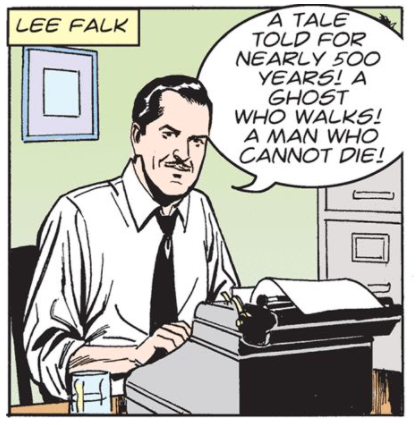The lease at issue in Apple Texas Restaurants v. Shops Dunhill Ratel, LLC, No. 05-20-01052-CV (March 25, 2022) (mem. op.), contained a “prevailing party” allowing either side to recover in a suit about the lease. The judgment included an award of “defensive” fees, and the Fifth Court concluded that that topic had fairly been placed at issue:
“[I]n addition to both parties’ repeated reliance on section 13.08 described above, Dunhill provided disclosure responses more than a year before trial describing its counsel’s expected testimony regarding defensive attorney’s fees, stating, (1) Dunhill “is entitled to damages pursuant to the Lease . . . and interest, attorneys’ fees, and costs,” and (2) its counsel “is expected to testify regarding the reasonableness and necessity of attorneys’ fees and costs related to the prosecution of Plaintiff’s claims . . . and defense against Defendant’s counterclaims.'”
No. 05-20-01052-CV (March 25, 2022) (mem. op.).




